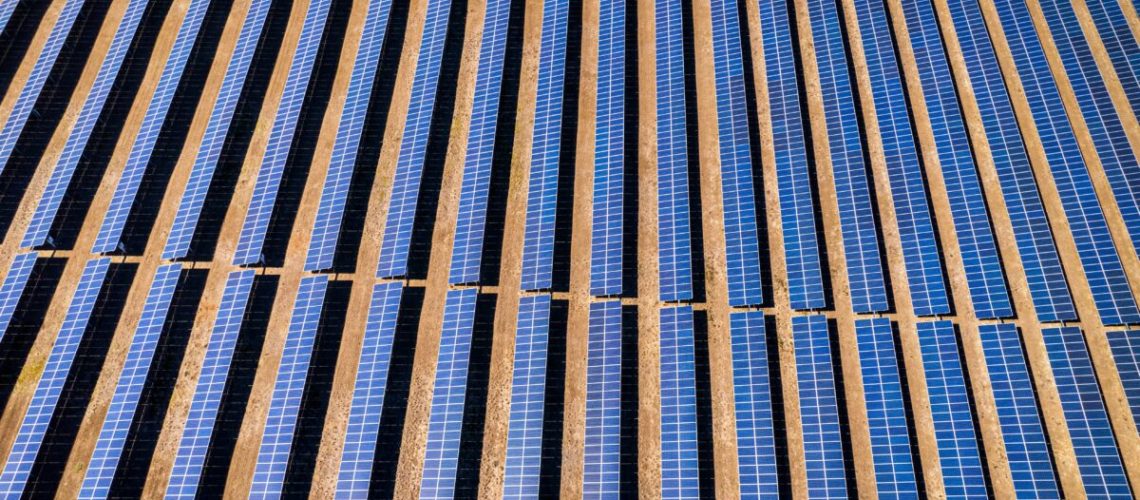The U.S. Department of Energy announced up to $22 million in funds under its Renewable Energy Siting through Technical Engagement and Planning (R-STEP) program.
The U.S. Department of Energy (DOE) announced six state-based collaborative organizations will receive a combined $10 million through the department’s Renewable Energy Siting through Technical Engagement and Planning (R-STEP) program.
R-STEP expands decision-making capacity for state and local governments around large-scale renewable energy planning, siting, and permitting. The program will also provide technical assistance to the organizations. DOE announced it would also open a further $12 million under the R-STEP program.
“This effort accelerates renewable energy deployment by supporting the establishment of more predictable, community-oriented, and science-based siting processes for renewable energy developers and permitting authorities,” said a DOE press release.
Community opposition to large-scale solar development has been a rising issue for developers, creating the opportunity for the R-STEP program to ensure local communities are reaping benefits from land development.
The program is designed to support meaningful community engagement to unlock opportunities for workforce development, community wealth-building, increased grid resilience, and electricity bill savings, particularly in rural areas.
The awardee states are Indiana, Iowa, Michigan, Mississippi, the Carolinas, and Wisconsin. Local universities will administer the programs, which will receive between $1 million to $2 million for a 3-year period.
The RSTEP funding and technical assistance opportunity is managed by Energywerx in partnership with the DOE Solar Energy Technologies Office and Wind Energy Technologies Office in the Office of Energy Efficiency and Renewable Energy (EERE).
Engagement
A new study from Berkeley Lab, Michigan State University, and the University of Michigan sought to understand the main sources of community opposition to renewables development in the United States.
paper essentially tries to answer two questions: identifying the most prevalent concerns that residents have about large-scale solar projects; and looking at what strategies developers and others could employ to improve those perceptions.
The researchers found that planning processes and local impacts of large-scale solar projects remain a key concern. The seven sites that the study focused on span regions, ownership structures and ecosystems, but all raised concerns among local stakeholders regarding development impacts. Specifically, the authors noted, local residents and officials were concerned about the information provided to them, and their lack of influence on project design.
The research also produced multiple measures that its authors say could address these concerns. For instance, there is a need to bolster direct engagement between developers and operators of projects, local officials and community members, which should begin earlier and be more frequent and in-person – not just during the development process, but also while the project is in operation or being decommissioned, the report said.
The authors stressed the need to go beyond the format of public meetings and town halls, and instead recommended strategies that “stress in-person contact and communication, and presume residents have a meaningful role in influencing project design.”



